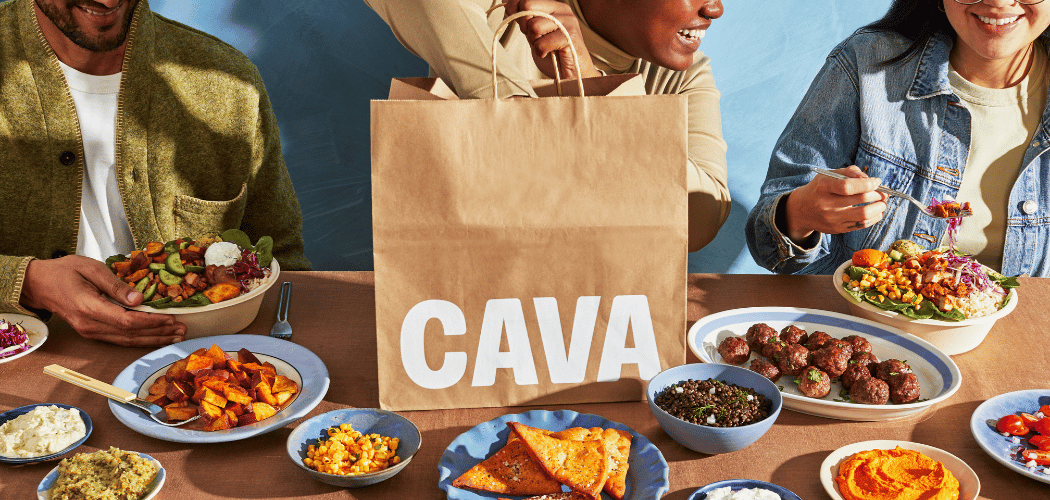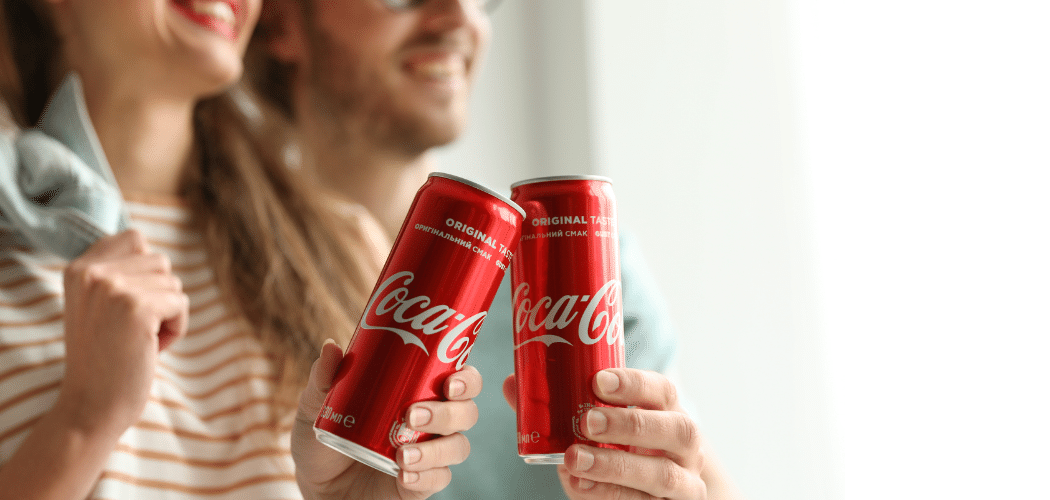Walmart doesn’t just want the last word in affordable-premium products with its new Hello Bello - it wants the first word. And that word is “goo-goo.”
With the aid of a celebrity partnership, Walmart is using its price-reducing scale to appeal to cost-conscious parents who do not want to scrimp on high value. The superstore chain has aligned with the likeable acting couple Kristen Bell (“The Good Place”) and Dax Shepard (“Parenthood,” “The Ranch”) on an exclusive line of plant-based baby-care products, from diapers to detergent, called “Hello Bello.”
In doing so, Walmart is acknowledging a broadening demand for more transparency in ingredients. The global market for natural and organic personal-care goods is projected to escalate to nearly $30 billion by 2028, from $12.1 billion in 2017, according to Persistence Market Research. North America accounts for more than a third of that spending.
That’s a lot of hustle in what not too long ago was considered a niche market, and Walmart apparently recognizes that challenge as well: By exclusively partnering with Bell and Shepard, parents themselves, Walmart is betting not just on the couple's co-owned brand, but on the power of having their friendly and credible faces on the brand.
But more to the point by tapping specifically into the natural-ingredients market for baby care, Walmart acknowledges not simply the power of life-stage shifts, such as having a baby, but of four lifestyle shifts that could permanently alter how retailers merchandise in years to come.
Walmart’s Baby Boon
That Walmart selected baby products for its new natural line is elementary. Babies are delicate and should get safer products. The trick has been making them affordable which Walmart has the scale to accomplish. The 10 Hello Bello products are priced from $1.88 to $23.94 with most less than $8.
As Shepard stated in the joint press release: “Parents shouldn’t have to choose between what’s good for their baby and good for their budget.” (Hello Bello’s line includes diapers, wipes, shampoo and body wash, bubble bath, baby lotion, diaper rash cream, laundry detergent, hand sanitizer, sunscreen and bug spray.)
To the business point of it: If Walmart can win the trust of parents at the new-life stage of their families now, it is more likely to maintain that trust for the lifetime of those customers, as well as their progenies.
To add urgency, there’s mounting competitive pressure to win shopper loyalty at birth. In January, Target expanded it private-label line of baby-care products, Cloud Island, to include competitively priced diapers, wipes, toiletries and other essentials, some with plant-based ingredients.

Which is likely why Walmart has in the past 18 months expanded its baby assortment, adding 30,000 items. It also remodeled the baby departments in more than 2,000 stores and added a microsite on Walmart.com that helps parents shop nursery designs by style, from classic pink to mid-century modern.
Rattling Lifestyle Changes
By investing in a “head-to-butt-to-toe” line of safe-ingredient baby goods, Walmart is seeking cradle-to-maturity shopper loyalty. In assuring that, it appears to be responding to four essential lifestyle shifts many consumers are making.
A shift to sustainability for babies.
In just a few months, newborns could require 10 times their weight in spending, and parents increasingly are directing their dollars toward “cleaner” products. The size of the global organic baby food market alone is projected to reach $11 billion in 2024, from $6 billion in 2018. That closely matches the size and projected increase of the overall baby-care product market — $6 billion in 2018 to $11 billion by 2025, cites Statista. According to Hello Bello’s website, it uses “as many organic ingredients as we can without driving up the final cost of the products we make.”
A shift to niche brands that mean something.
Transparency extends to mission. Responsible consumerism is expected to be among the big retail trends in 2019, as the expansion of digital and in-store shopping options enables people to more easily locate brands that help them make better, more responsible choices, according to a report in forbes.com. Consumers ages 23 to 38 in particular are more likely to purchase cause-related products — 37% vs. 30% of older shoppers.
A shift in influencer credibility.
Social media has enabled most anyone with confidence and the ability to take a great selfie to become an influencer. However, just 3% of consumers are more likely to purchase a product based on celebrity, according to new research by Collective Bias, an influencer marketing firm. Bell and Shepard are the kind of couple that could redefine celebrity influence. They are not mega-stars, not overly glamorous and they frequently share the foibles of marriage while poking fun at each other. This makes them desirably relatable, which Walmart evidently has spotted.
A shift in expectations to “affordable premium”.
Thanks in part to digital startups such as Brandless, which sells natural-ingredient consumer products at low prices, shoppers are learning they can indeed get premium products at dollar store-near prices. But Brandless, which once priced everything it carried at $3, in January bumped its prices after it too entered the baby-care category. Walmart may have already been developing the Hello Bello line with Bell-Shepard when Brandless introduced its pricier baby products, but it certainly makes for a fortuitous introduction.
Shepard even hints that Hello Bello would never have seen the light of morning without Walmart. “We couldn’t ask for a better exclusive retail partner,” he stated in the press release.
The more important partner, however, is the customer. If Walmart can get the first word right, it might have the last word in shopper loyalty well beyond parenthood.
Bryan Pearson a Featured Contributor to The Wise Marketer and is the President of LoyaltyOne, where he has been leveraging the knowledge of 120 million customer relationships over 20 years to create relevant communications and enhanced shopper experiences.
This article originally appeared in Forbes. Be sure to follow Bryan on Facebook and Twitter for more on retail, loyalty and the customer experience.




